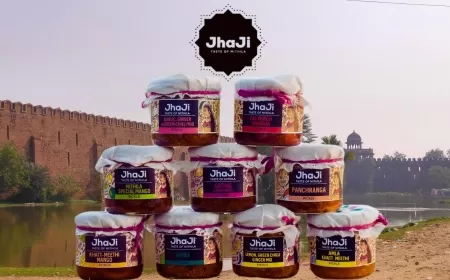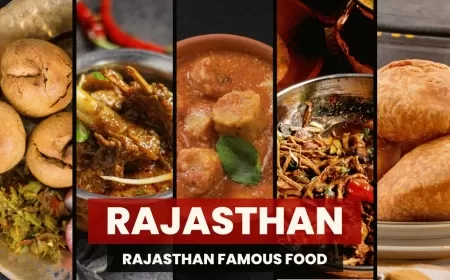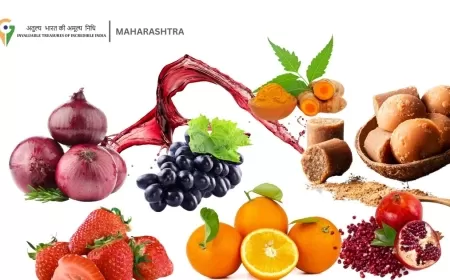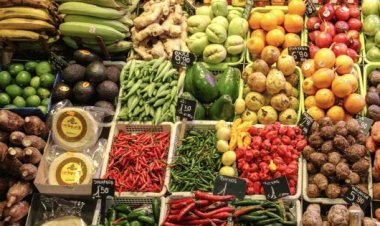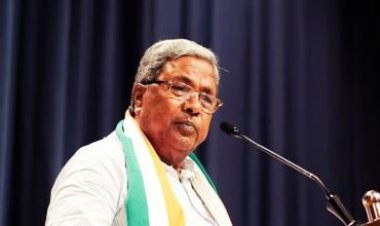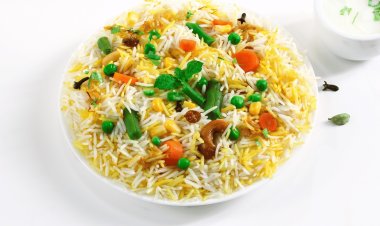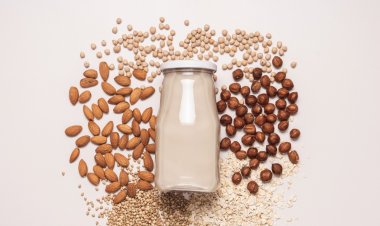Economic Survey 2024-25: Food Inflation Remains High Despite Overall Decline
The Economic Survey 2024-25 highlights India's economic performance, noting a decline in overall inflation but persistently high food inflation. Key factors include climate disruptions, supply chain inefficiencies, and global market fluctuations. Read on for insights and policy measures.

The Economic Survey 2024-25, presented by Finance Minister Nirmala Sitharaman, provides insights into India's economic trajectory. While the country has managed to bring down overall inflation, the persistent rise in food prices raises concerns about economic resilience and policy effectiveness.
Economic Growth vs. Rising Food Costs
India's real GDP is projected to grow at 6.4% in FY25, reflecting robust economic activity. However, food inflation, measured by the Consumer Food Price Index (CFPI), rose from 7.5% in FY24 to 8.4% in FY25, overshadowing the gains from declining overall inflation, which dropped from 5.4% to 4.9% during the same period.
This paradox highlights a critical challenge: despite a growing economy, essential food items remain expensive for consumers. The disproportionate impact of high vegetable and pulse prices, which make up only 8.42% of the CPI basket but contribute 32.3% to overall inflation, underscores the issue.
The Role of Climate and Supply Chains
Weather fluctuations have played a key role in food price volatility. Erratic monsoons, untimely droughts, and climate disruptions have impacted agricultural yields, particularly for perishable items. Unlike staple grains, vegetables are more vulnerable to sudden weather changes, leading to frequent price spikes.
Beyond climate concerns, inefficiencies in India's supply chain system exacerbate the issue. High transportation costs, storage limitations, and logistical bottlenecks prevent smooth food distribution, adding inflationary pressure.
Global Trends and Geopolitical Uncertainties
While global food prices have stabilized, emerging economies like India, China, and Brazil continue to experience food inflation due to localized disruptions and policy constraints. The survey warns that geopolitical tensions—especially in the Middle East and Ukraine—could further drive up food costs by affecting supply chains and commodity markets.
Moreover, the cost of imported agricultural inputs such as fertilizers and edible oils remains volatile, making India susceptible to external price shocks. Currency fluctuations further add to these challenges, affecting the affordability of essential food items.
Policy Imperatives: What Needs to Change?
The survey suggests a multi-pronged approach to tackling food inflation:
-
Agricultural Resilience: Investing in climate-resilient crops and expanding irrigation facilities to counteract weather-induced disruptions.
-
Supply Chain Modernization: Strengthening cold storage networks and reducing middlemen inefficiencies to streamline food distribution.
-
Price Monitoring & Market Interventions: Expanding data-driven monitoring systems to detect and mitigate potential price spikes early.
-
Global Integration Strategies: Reducing dependency on volatile global imports by enhancing domestic production capacity and exploring alternative trade partnerships.
What's Your Reaction?
 Like
0
Like
0
 Dislike
0
Dislike
0
 Love
0
Love
0
 Funny
0
Funny
0
 Angry
0
Angry
0
 Sad
0
Sad
0
 Wow
0
Wow
0














